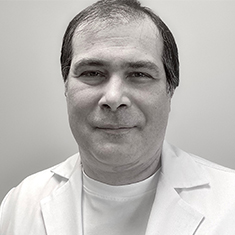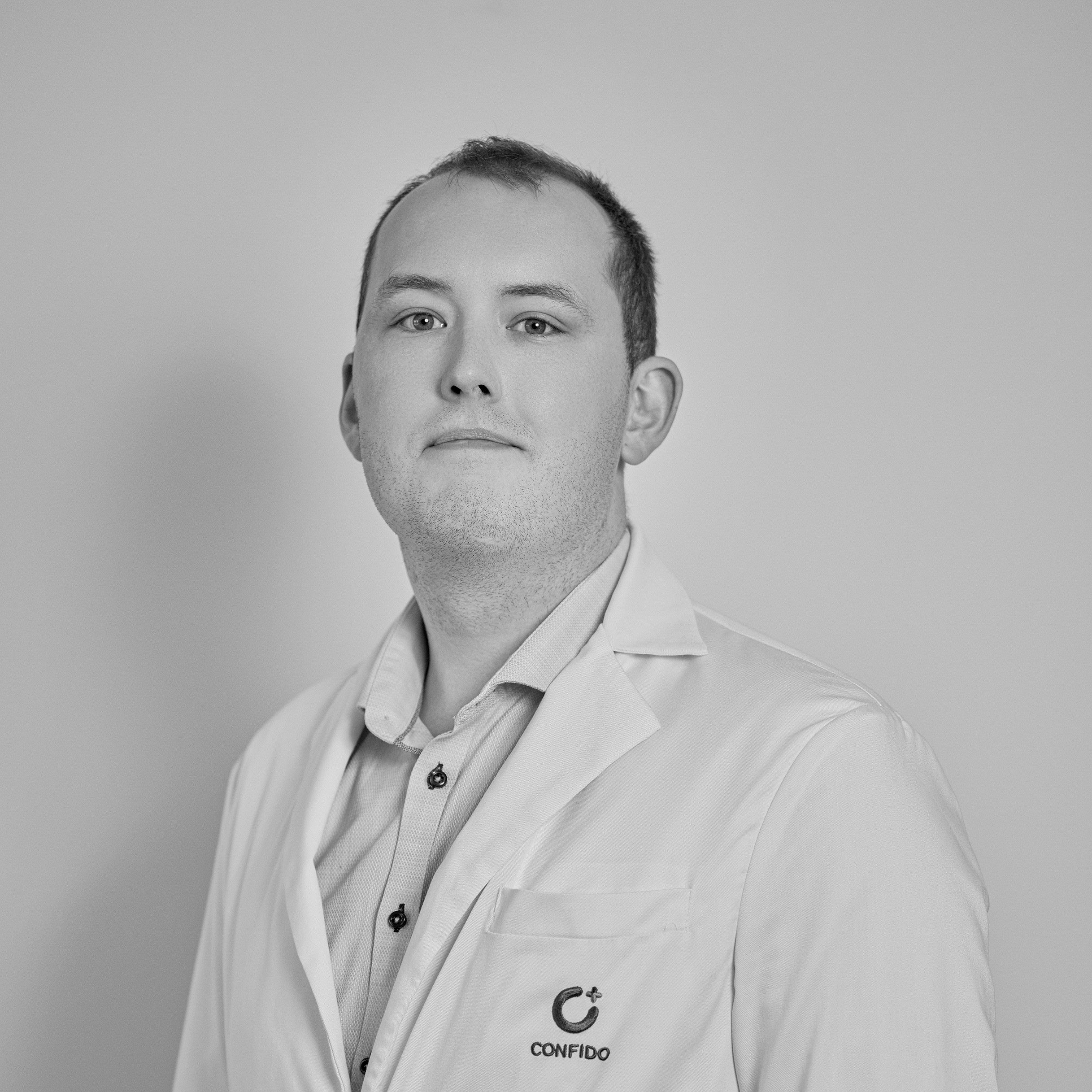Proctology
A proctologist deals with the diagnosis, treatment, and post-treatment control of diseases of the anus and rectum. Several research methods are used in proctology: endoscopy (anoscopy, proctoscopy, colonoscopy), endorectal ultrasound, defecography, and magnetic resonance imaging.
Removal of genital warts
Look for appointment timesGenital warts, also known as condyloma, are skin lesions caused by the human papillomavirus (HPV) that can appear on the genitals, anus, mouth, and throat. While generally benign, they can cause itching, discomfort, and bleeding in some cases.
Removal of genital warts is a procedure that involves removing the warts from the skin surface. This can be done through various methods, including freezing, surgical excision, and laser removal.
Price
Removal of genital warts
Surgeon's appointment
We have several payment options. Read more HERE.






